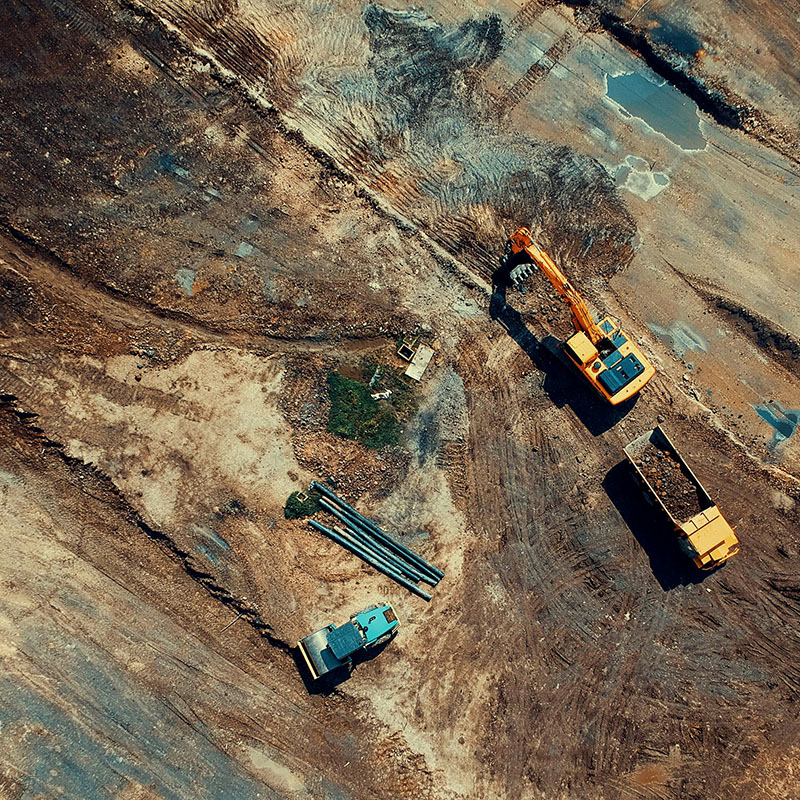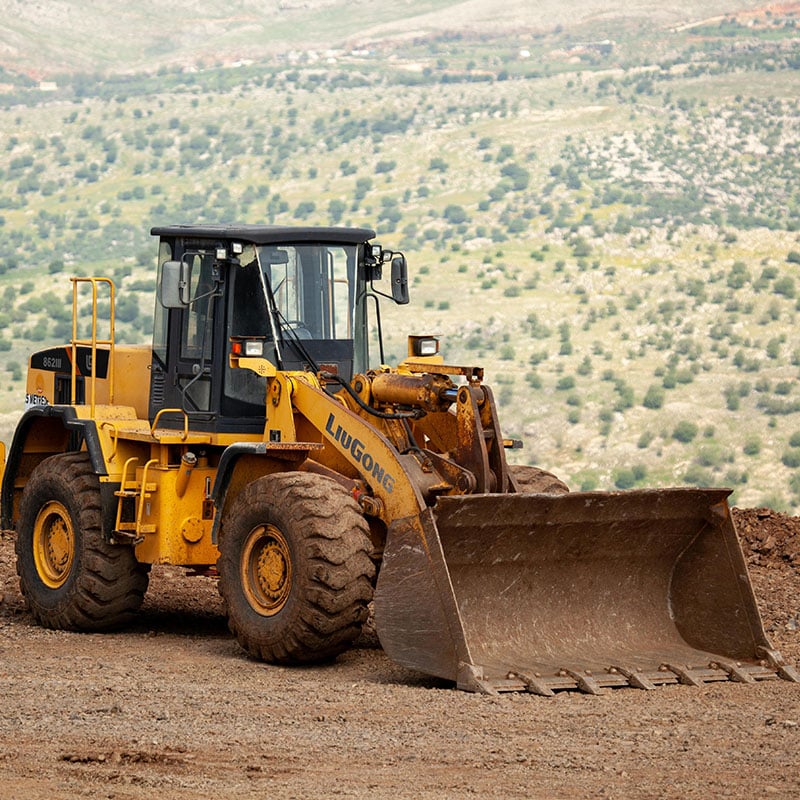In cities like Colorado Springs, which are seeing more interest in commercial spaces than other parts of the country, commercial projects often come down to a key decision: move forward with a tenant improvement project or start from the ground up. Both options create functional, branded spaces, but they differ in cost, schedule, and long-term return.
Business owners, investors, and developers in Colorado Springs and Denver benefit from weighing these factors carefully before committing. This blog post will explore the differences between the two options to help you determine which is better for your commercial project.
Understanding Tenant Improvements: Cost, Timeline, and Business Impact
Tenant improvement (TI) projects (also called tenant upfit, tenant fit-up, or TI build-outs) focus on modifying an existing property to fit operational needs. Offices, retail stores, restaurants, and light industrial users often adopt this approach if they need to occupy an existing space quickly. Here are a few reasons why:
- Cost efficiency: TI is generally more affordable. Because there is already a building shell, expenses center on interior finishes, layout modifications, and system upgrades. In many Colorado lease agreements, landlords offer a tenant improvement allowance to offset costs and lower upfront capital requirements.
- Faster delivery: TI projects often move from design to occupancy in a matter of months. Existing infrastructure simplifies permitting, especially in jurisdictions like Colorado Springs, where turnaround times for commercial permits are favorable. This makes TI an attractive option for companies looking to expand or relocate quickly.
- Business fit: Going the tenant improvement route lets organizations customize leased or owned space to match current operations. The trade-off is that structural limitations may restrict future growth or highly specialized build-outs.
Ground-Up Construction: Investment, Flexibility, and Long-Term Value
Ground-up development requires more time and capital than tenant improvement, but it creates a facility that is designed entirely around your business objectives. This option is more common in cities like Denver, where high demand for commercial property drives investor interest in long-term equity. However, the strategy can be applied anywhere in the state of Colorado.
Here are a few things to consider with ground-up construction for a commercial project:
- Capital investment. Costs extend beyond construction and include land acquisition, site work, and infrastructure. Ground-up development often involves construction loans or investor partnerships, making it a larger financial commitment.
- Design flexibility. New builds provide complete control over site layout, building systems, and finishes. From energy-efficient design to industry-specific workflows, a ground-up project ensures the facility aligns with both present operations and future expansion.
- Long-term value. A custom building is an asset that can appreciate, strengthen resale opportunities, or deliver steady lease income. The long-term ROI on a ground-up facility can outweigh the higher upfront costs.
Comparing Which Approach Delivers the Best ROI for Your Business
Retailers seeking quick openings may find TI the most practical solution, while manufacturers with technical workflows or investors seeking long-term equity may see stronger returns in ground-up development.
Overall, though, the best option for your unique needs will depend on your business objectives, capital strategy, and location.
- Cost: TI projects in Colorado Springs and Denver typically offer lower upfront costs, particularly with landlord allowances. Ground-up projects demand more capital but generate equity.
- Timeline: TI offers speed to occupancy, and it’s often completed within just a few months. Meanwhile, ground-up projects can take several years from land purchase to ribbon-cutting.
- Flexibility: TI adapts existing spaces, but there are limits to the layout. Ground-up delivers complete control and scalability.
Partner with Hammers Construction for the Right Building Solution
Hammers Construction works with business owners and investors in Colorado to evaluate tenant improvement projects and ground-up developments. Our team navigates jurisdictional requirements, cost control, and scheduling to deliver projects that meet strategic goals.
Whether you need to occupy a customized space quickly or invest in a purpose-built facility, we provide the expertise to ensure your project delivers value today and in the future. Contact us to learn more.

